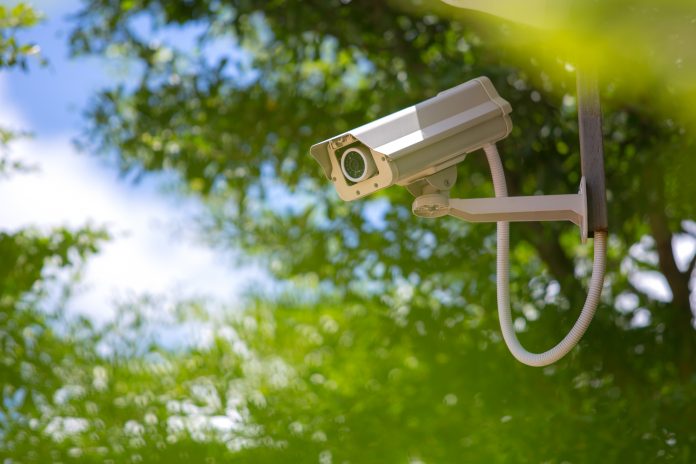With news of data breaches hitting the headlines on an alarmingly regular basis in the last few years, people are starting to give more thought to protecting their own personal data and browsing history
Opposition to the introduction of the Investigatory Powers Bill 2016, better known as the Snooper’s Charter, has also contributed to increased awareness and emphasised the importance of protecting personal data online with the general public.
Introduced as a measure to investigate potential criminal activity, the bill gives as many as 48 organisations the power to ask your internet service provider (ISP) to provide details of your browsing history at any time.
This means that even if you delete your browsing history, that information is likely being stored elsewhere online in data logs of your search engine and the sites you have visited. But who are these organisations that can request your data, and what can you do minimise the amount of information that is held?
What is the Snooper’s Charter?
The bill authorised increased state surveillance in the name of security and requires web and phone companies to hold records of their user’s browsing histories for 12 months. This gives a range of agencies access to information about the communications of anyone in the UK.
The list of agencies that have the power to request your browsing history is wide and diverse. Unsurprisingly, a large percentage are regional police forces and government departments, such as the Home Office and Ministry of Justice. But there are also some more surprising organisations, including the Food Standards Agency and the Gambling Commission, calling into question why some of these would require access to a log of someone’s browsing history.
Despite strong opposition, it seems that the Snooper’s Charter is likely to remain in its current form for the time being.
What can you do to better protect yourself?
Ultimately, no matter what precautions you take, your ISP will be able to collect some level of information about you and your activity. While some will only keep data to comply with government requests, others may compile records of browsing activity and sell them to marketing companies without your permission.
When governments and ISPs are looking to collect your data, it might feel like you are powerless to stop them. But there are ways to hide your traffic, minimising the amount of information that can be collected.
Change your search engine
To put it simply, deleting your cookies and browsing history is not enough, and neither are incognito or private browsing windows. While these steps will clear evidence of your activity from your device, hiding it from other users in your home or office, it will not affect information that has been sent elsewhere – such as Google’s record of your browsing history, which is still being collected.
So, what is the alternative? While it is hard to see beyond Google as the biggest search engine in the world, DuckDuckGo continues to grow in popularity for its dedication to improving privacy by not tracking the activity of its users.
Under a normal browser, information about you is automatically shared with the site you are visiting. This includes your IP address, which can be used to identify your location and the device you are using. Instead, DuckDuckGo does not pass on any search information, meaning that you can’t be identified using this method.
Change your browser
Originally designed as a secure channel for US government communications, The Onion Router (Tor) has become a very useful privacy tool. This browser encrypts your activity and sends it through Tor’s network of multiple international servers, making it very difficult to trace.
While this service is very useful, it is best used by those not requiring a high-speed connection, as the process of sending and receiving data through multiple servers significantly slows the process down.
Use a VPN
An increasingly popular tool to include in business and home network security, Virtual Private Networks (VPNs) offer many benefits for users looking to secure their online activity and mask activity from their ISP.
A VPN routes all of your traffic through one of many servers around the world. This, combined with end-to-end encryption, makes it near-impossible for your ISP to see your activities, location or information about your devices, as all of your traffic will appear to be coming from one a VPN server rather than your real IP address.
This is an excellent way to protect your data from ISPs and other third parties, reducing the chances of your data being sold to advertisers. However, it is important to remember that most VPN services are required to keep some degree of data logged in case of a request from the authorities.
While you cannot entirely control who has access to your information, there are a number of steps you can take that will help to minimise the amount of data that is collected on you. It is important, however, to remember that there is no such thing as total anonymity online.
It is inevitable that your activity will be tracked at some point by someone, but by being aware and using caution, you can make sure that you have greater control over how much can be seen.











